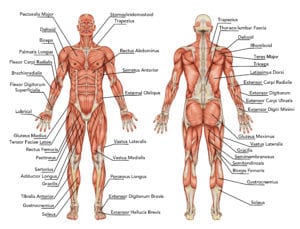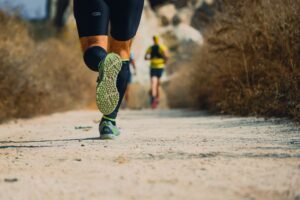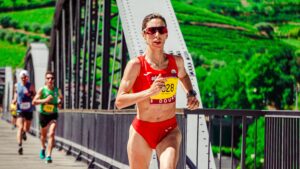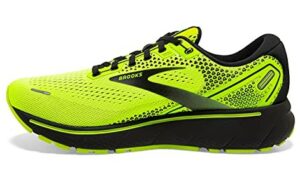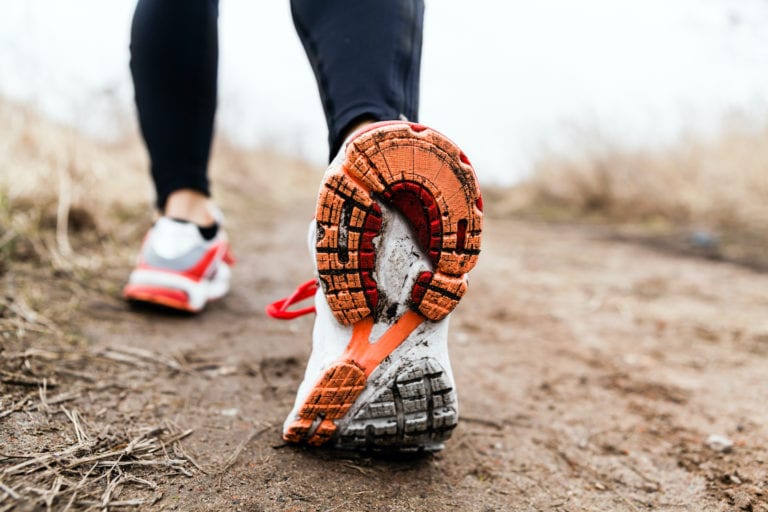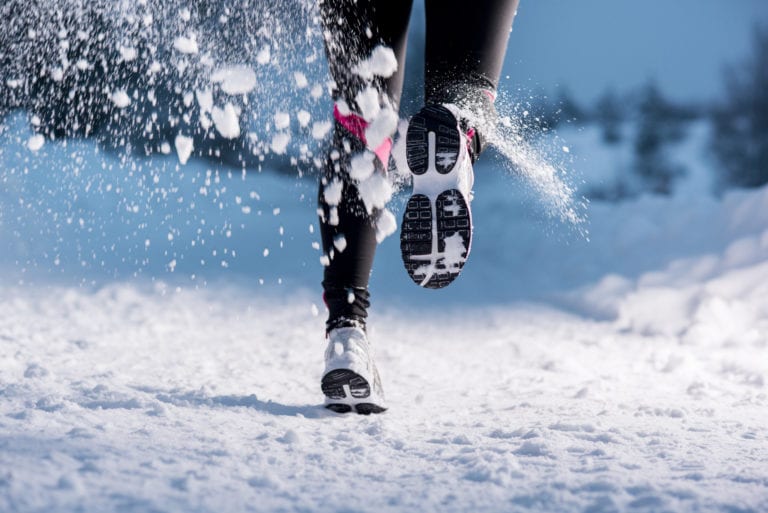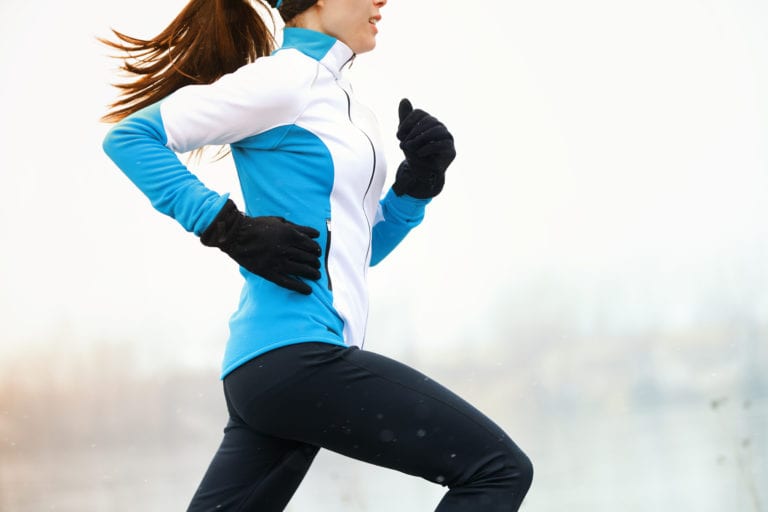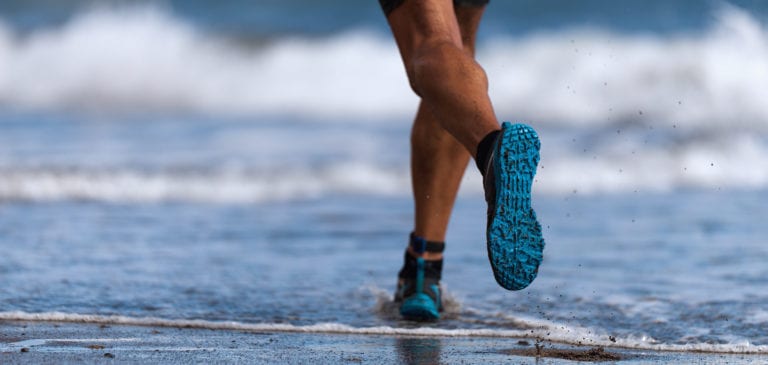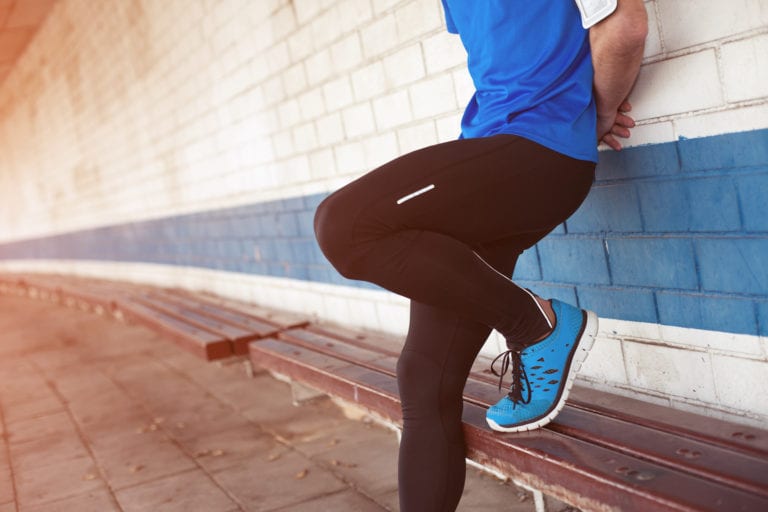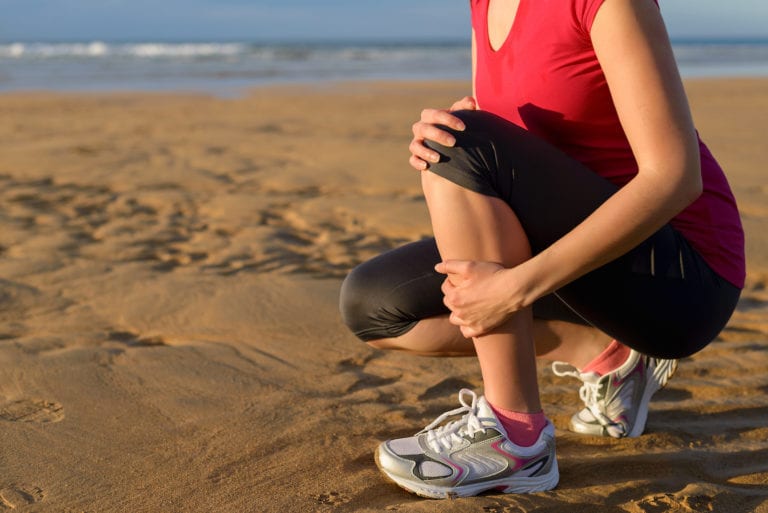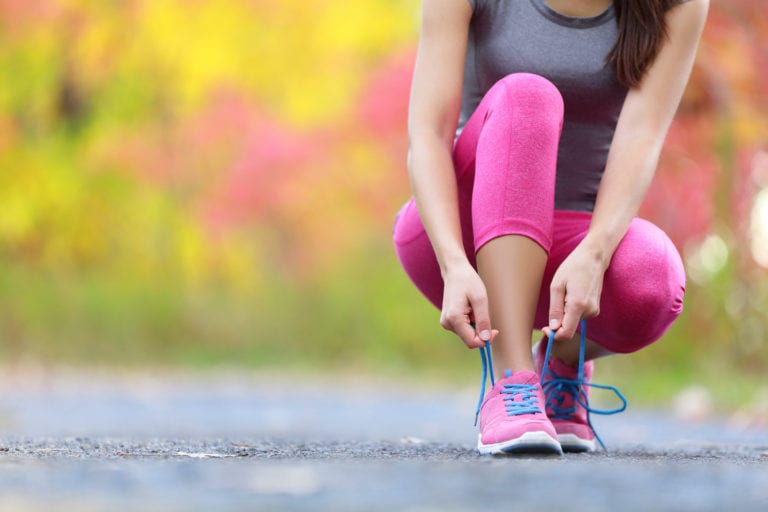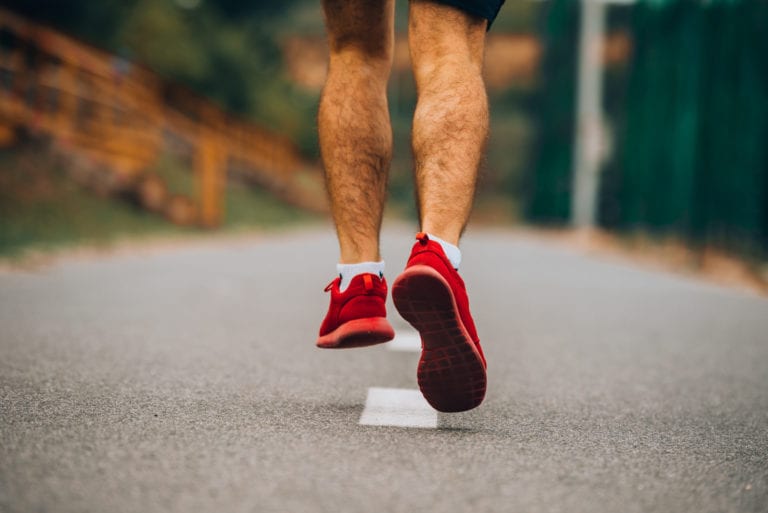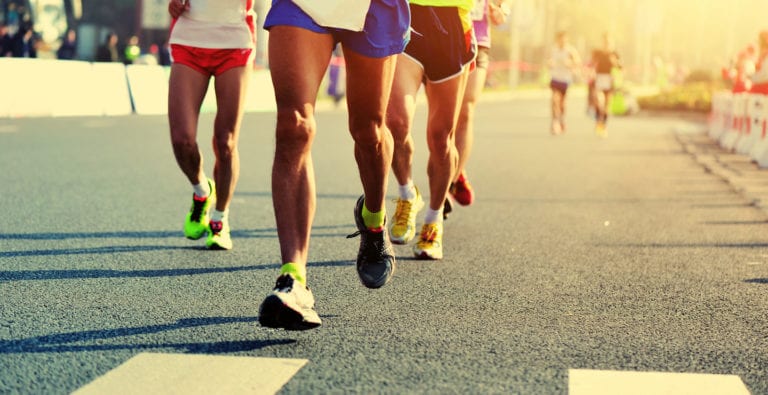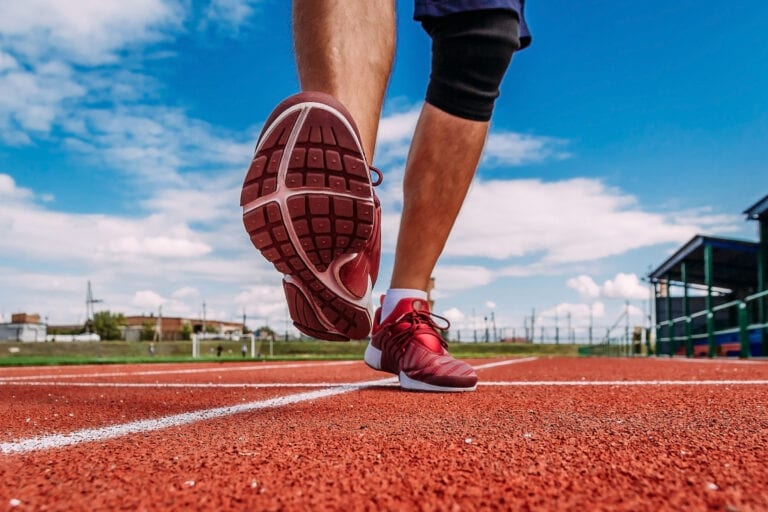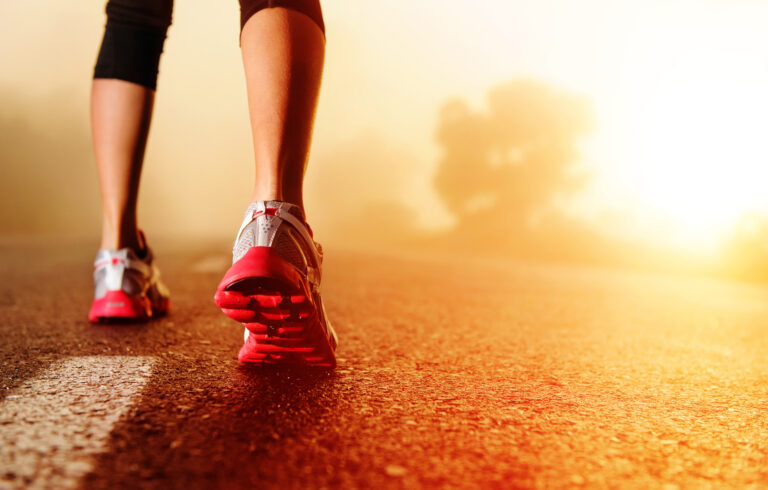Are you someone that takes their running seriously? Perhaps you are planning an endurance race, or you are a regular marathon runner. If you are a beginner or have been researching how to replenish all the lost energy after strenuous long runs, continue reading to find out what to eat after a run.
There are, in all, two windows for optimal recovery. The timing of your post-run meal and snacks is as significant as the nutrition itself. Following these two optimal recovery windows plays a vital role in helping your body recover as soon as possible and decreasing its muscle soreness. It also allows you to push harder and run faster than before.
The Two Windows for Optimal Recovery
The first nutritional window for optimal recovery
The first window of recovery begins within the first 30 minutes after a run. That means you must consume carbs and protein that is equal to about 250 to 300 calories. The ratio of carbs to proteins should be 3:1 or 4:1. This ratio helps the body to resynthesize its glycogen stores in the muscle. Too much protein is counter-effective because it slows down metabolism. Here are some examples of nutrition in the first window:- A banana with Peanut Butter
- A medium sweet potato and a couple of beef jerky
- One egg with spinach and fruits
The second nutritional window for optimal recovery
The second window for optimal recovery ranges from the first hour after the run to three hours post running. You must include a meal or a snack with a high amount of protein and healthy fat and carbs during this window. The meal in the second window does not have to be high in calories. It should consist of about 200 calories. The goal for eating in two windows for optimal recovery is not consuming a lot more calories than the body needs. The two windows give the body the best combination of nutrients at the best time possible and reduce muscle inflammation, rebuild damaged muscle and tissues, and increase glycogen in the muscles. Example of foods to eat during the second window:- Whey protein shake along with chicken salad
- Energy bar
- Grilled lean meat with salad
What to Eat after a Run
It is essential to plan your nutrition post running. Here is what you should eat after a short run:- Beetroot salad for its nutrients, a lesser number of calories, and a lot of fiber.
- Watermelon has high water content, almost zero calories, and powerful dietary nitrates that stave off fatigue and prevent muscle soreness.
- Hummus with any uncooked veggies because chickpeas are the best source of plant-based amino acids. Use veggies such as carrots, peppers, celery, and cauliflower.
- Eggs in any form because they are full of proteins and energy powerhouse.
- Fruits with peanut butter sandwich because the fat from the butter and the fruits’ carbs will work wonders for you to control all-day hunger.
- Low-fat chocolate milk makes a perfect post-run refreshment because of its 4:1 carbohydrate to protein ratio that aids muscle recovery and energy refueling.
- Whey protein shake, which is time tested for muscle building and recovery post strenuous workout and running.
- Grilled chicken that is of a high quality with lean proteins. A mere 4-ounce chicken gives a whopping 27 grams of protein, enough to begin the muscle rebuilding process immediately. You can add roasted veggies for more flavors, along with salt, pepper, and olive oil.
- Cottage cheese with/without fruit. Cottage cheese is an excellent source of protein and also calcium. 200 grams of cottage cheese can give 28 grams of protein and an equal amount of calcium.
- Pea protein, if you are a vegan, is the best bet. It increases protein synthesis in the muscles and helps to build them.
- Burrito has a lot of carbs and protein to replenish the lost energy.
- Pasta with chicken; add broccoli as it is a healthy carb and has protein.
- Salmon and asparagus because fish contain healthy omega 3 fatty acids that have an anti-inflammatory property and are cancer preventative.
- Oats have high carb content, and they are rich in beta-glucan, which is a type of soluble fiber that improves immunity and lowers the risk of heart ailments.
- Greek yogurt, plain or along with a fruit. A medium serving (150 grams) gives 15 grams of protein compared to a small serving of regular yogurt.
Why Eat after a Run
It is essential to replenish yourself after a run. A post-run snack and meal help replace all the nutrients lost and provide necessary building blocks for muscle recovery. Glycogen stores also get stabilized. Glycogen is the body’s carb storage. You must include salt to be able to replace sodium lost in the form of sweat. Salt rich foods aid water retention and prevent dehydration after the run.When to Eat after a Run
There is a definite science behind post-run eating. If eating is not possible for some reason, or if you think that you will not be able to eat within the first two hours, you can drink a nutritional protein shake instead. The right post-run nutrition helps the body gain reasonable control over its blood sugar. Several hours after a run, the body is still in high gear and sugar levels in the blood can continue dipping even if you are not exerting yourself in any other way.What to Drink after Running
You can drink herbal tea before beginning and mix electrolytes in a large glass of water and consume. After strenuous running, give your body enough hydration to ensure that you do not wash out your energy in sweat and other body fluids. The body can extract all the nutrition needed from the food you give it after a long run. Every experienced athlete and sports nutritionist will tell you the following:- Give your body a lot of protein post-run. It is essential for not just building but also repairing worn-out muscles. Whether short or high-intensity, a run causes micro-tears in the muscle tissues that need repair as soon as possible.
- Carbohydrates are essential because they set up glycogen storage that gets depleted. It would be best to supplement the body with many sugars when you are running longer distances. The carbs help to create a spike in blood sugar.
Eating and Drinking before a Run
Do’s and don’ts about your pre-run nutrition:- Do drink water in small sips during the run to stay hydrated.
- Do eat starchy, potassium-rich vegetables, fruits, and lean meat with low fat and low fiber in it three days before running the long-distance race to build your body’s carbohydrate reserve.
- Do eat familiar foods like bread with nut butter or whole fruit and a sports drink before running.
- Don’t eat a full meal just before running, as it can make you feel nauseous.
- Don’t eat anything three hours before a race.
- Don’t eat deep-fried foods, red meats, and pastries; avoid dairy and coffee before you are due to run. Caffeine is diuretic and not recommended even though it is a performance enhancer and 90% of people consume it in some form or the other.
Eating and Drinking during a Run
Here is what you can eat during a run:- Energy bars and gels
- Bananas
- Water, sports drinks, isotonic water that is water mixed with electrolytes
- Soda
- Fruit juice and cordials
Mistakes to Avoid
- It is easy to mistake thirst for hunger. The best way to curb excessive hunger post-running is to drink a lot of water or gulp down a sports drink.
- Eat smaller meals before you begin your run. Go for a toast of whole wheat bread that you can combine with some peanut butter spread or even almond butter. Or, you could grab yourself an energy bar made from whole grains or cereals.
- Don’t forget the balance between carbs and protein. Add lean proteins like fish and chicken, carbs from rice, potatoes, yam, or pasta, and healthy fat such as nut butter or avocado. These high glycemic index foods are great for refueling the muscles better than fructose, as was before thought.

